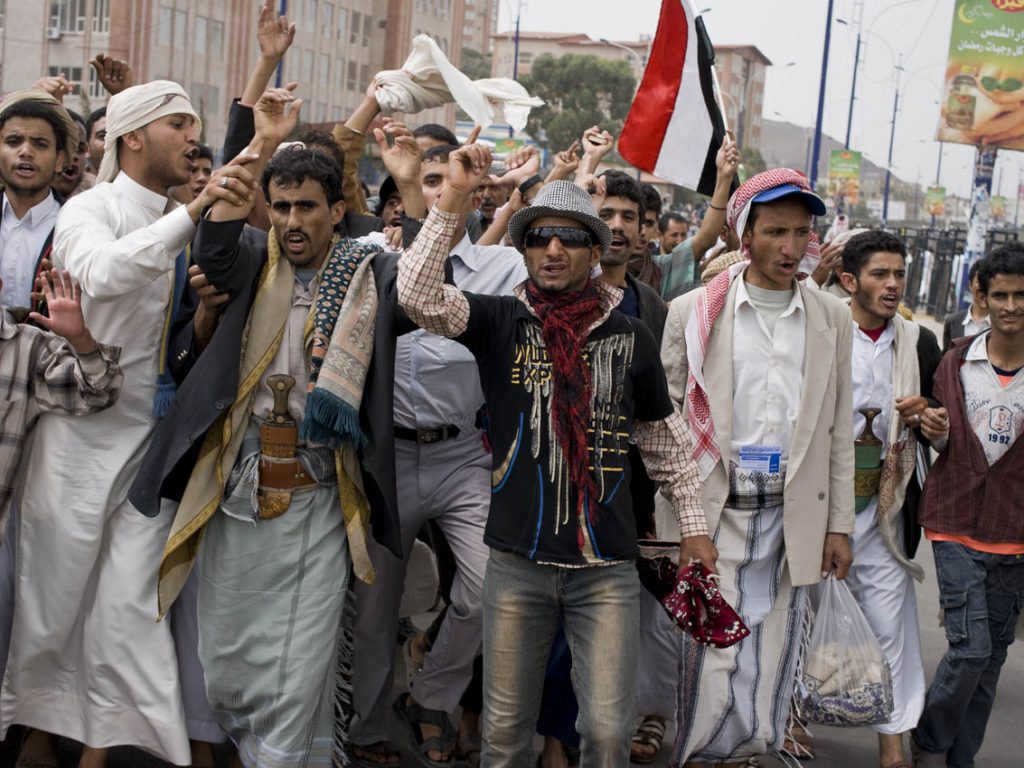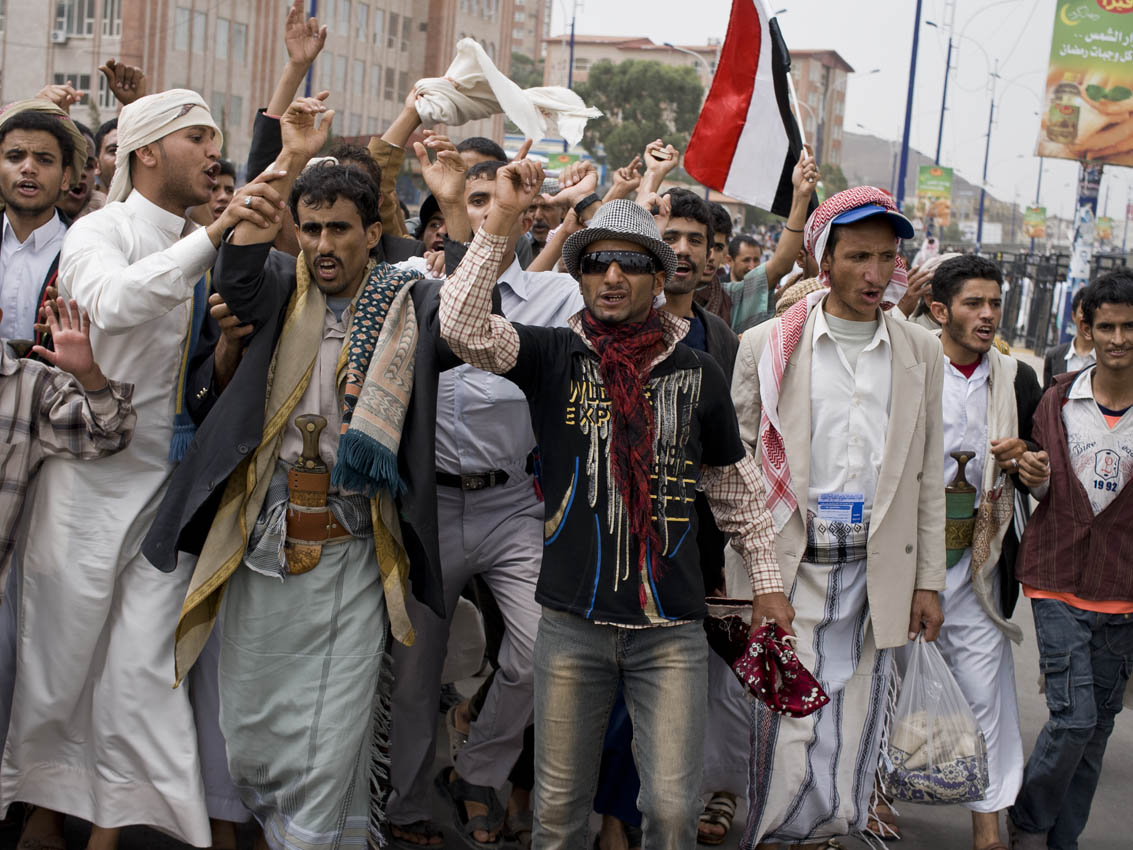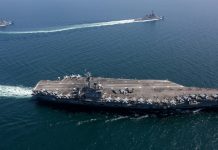
In the aftermath of a drone strike on a military base in north-east Jordan, near the Syrian border, the United States, on Monday, asserted that it is not actively seeking a conflict with Iran. The attack resulted in the death of three US soldiers and injuries to numerous others, and Washington promptly attributed it to Tehran-backed militants. This incident marks the first instance of US troop casualties since the Israel-Hamas conflict, which triggered a series of assaults by Iranian-aligned groups against American forces in the region.
John Kirby, a spokesperson for the US National Security Council, emphasized on NBC’s Today Show that the United States does not desire a war with Iran but reiterated the ongoing assessment of available options. Expressing a desire for a cessation of such attacks, Kirby’s remarks followed Iran’s attempt to distance itself from the incident, with both parties seemingly aiming to prevent further escalation.
Iran’s foreign ministry dismissed any suggestion of involvement in the deaths of US troops as a “baseless” conspiracy, attributing such claims to those seeking to escalate the crisis in the region. Tehran’s mission to the UN characterized the strike as part of broader clashes between the US army and regional resistance groups.
In response to the increasing attacks on US troops by Iranian-backed militias in Iraq, Syria, and Jordan since October, Washington has targeted sites associated with these groups. Despite not directly striking Iran thus far, the recent incident has prompted a shift in the situation. Kirby stated that the US is still determining responsibility for the drone attack but suggested that the group involved may have support from Kataib Hezbollah, an Iranian-backed Iraqi militia.
US Defense Secretary Lloyd Austin affirmed Washington’s commitment to taking all necessary actions to defend the US and its troops. The assaults on American forces in Syria and Iraq are attributed to the Islamic Resistance in Iraq (IRI), a newly formed group of Iran-backed Iraqi militias, retaliating against perceived US support for Israel’s actions in the conflict with Hamas in Gaza.
In Sunday’s assault, US defense officials reported injuries to at least 34 service members. The incident targeted the Tower 22 outpost near Jordan’s border with Syria, hosting 350 US military personnel involved in the coalition against ISIS. With approximately 2,500 troops in Iraq and 900 in Syria, the US aims to prevent the resurgence of jihadist groups.
The Islamic Resistance in Iraq (IRI) claimed responsibility, using armed drones to attack three military bases with US personnel in Syria. It remains unclear if this includes the strike that resulted in the deaths of three US troops. In response, prominent Republicans, including Senators Lindsey Graham and John Cornyn, have called for direct strikes on Iran.
Former President Donald Trump attributed the attack to President Biden’s perceived weakness but did not specify a course of action. Geopolitical analyst Jonathan Panikoff suggested that Iran may calculate the US’s reluctance to engage in a region-wide conflict but noted the increasing difficulty of avoiding regional conflict, making the US a prime target.
Oil prices experienced a brief surge before stabilizing. Brent crude, the international benchmark, settled at $82.94 per barrel, while West Texas Intermediate reached $77.29 per barrel. Iran’s foreign ministry accused the US of supporting “genocide” in Gaza and demanded an immediate ceasefire for regional calm.
In a separate development, Syria accused Israel of an airstrike south of Damascus, resulting in civilian casualties. Initial reports mentioned “Iranian advisers,” but Tehran’s ambassador denied Iranian casualties, emphasizing that no advisory center of Iran was targeted. Earlier this month, the US military, citing self-defense, killed a high-ranking commander of Harakat al-Nujaba, an Iran-backed militia in Iraq, believed to be one of the influential factions of the IRI.
The United States and the United Kingdom have been collaborating to conduct joint strikes on Houthi targets in Yemen. This collaborative effort is a response to the attacks by Iran-backed Houthi rebels on vessels in the Red Sea, a crucial maritime route for global trade. The Houthi rebels, in turn, assert that their assaults on shipping lanes are retaliatory actions against Israel’s military actions in the Gaza Strip, initiated during its conflict with Hamas that began in October.





